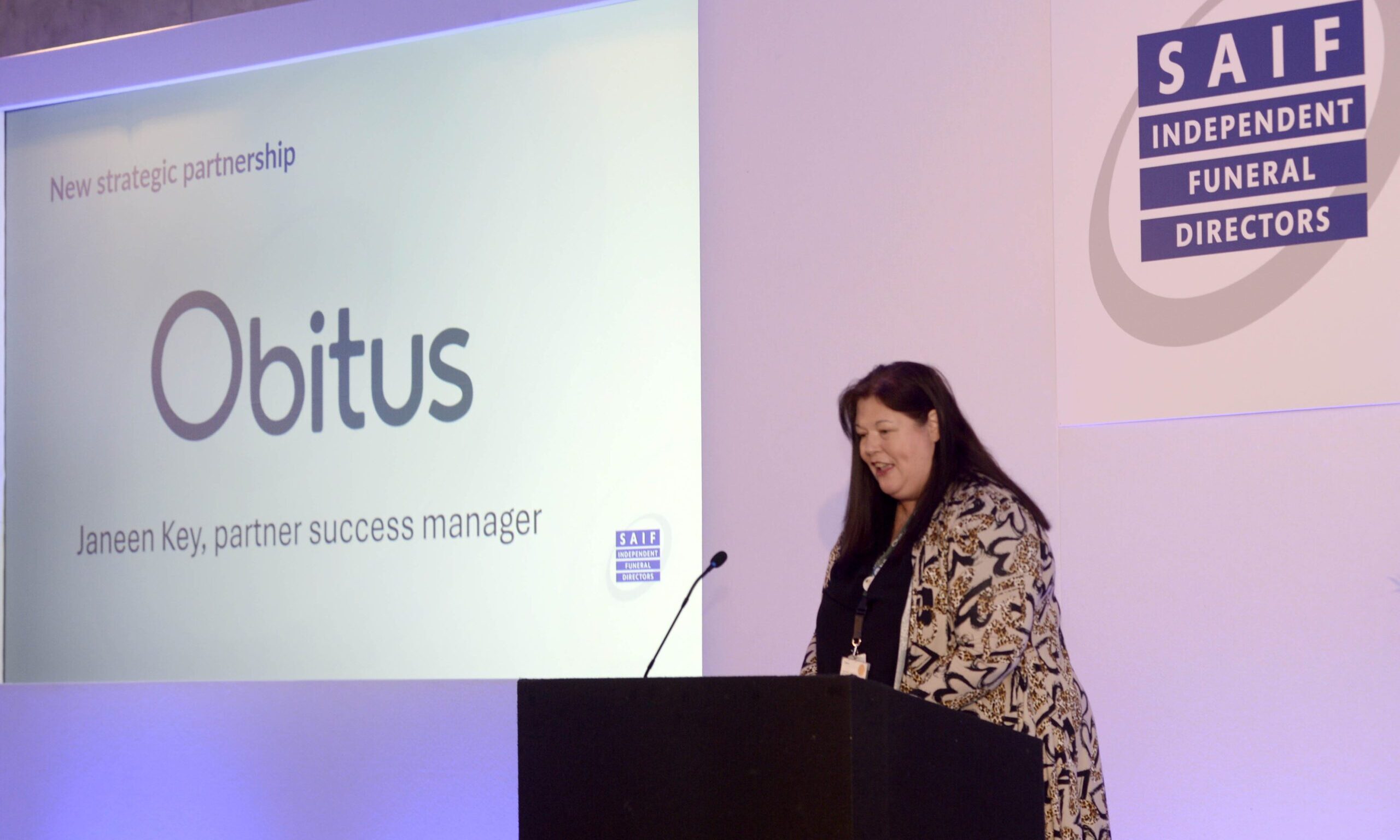Register to get 2 free articles
Reveal the article below by registering for our email newsletter.
Want unlimited access? View Plans
Already have an account? Sign in
A.W. Lymn has called for urgent action in response to mounting delays in funeral arrangements caused by recent changes to the death certification process.
The reforms, which came into force across England and Wales in September 2024, introduced medical examiners to independently review all non-coroner-referred deaths.
While the changes were meant to improve accuracy and consistency, A.W. Lymn said that the reality has been “a surge in paperwork delays that are now stretching funeral timescales far beyond what families have come to expect”.
Where funerals were once arranged within two weeks – not accounting for any religious or cultural reasons – many families are now facing waits of four weeks or more.
According to A.W. Lymn, this has not just been a scheduling issue, as the burden of these delays “have fallen squarely on the funeral directors” who must manage increasingly scarce mortuary space and provide care for the deceased over prolonged periods.
Managing director Matthew Lymn Rose said: “What we’re seeing is a complete lack of consequence when medical professionals don’t complete paperwork in a timely fashion. There’s no urgency, no system of accountability. Meanwhile, families are left waiting and desperate for answers we simply can’t give.
“Bodies in the care of funeral directors deteriorate with every passing day, limiting options for families such as open casket viewings. These delays are damaging not just to the profession but to the families we serve. People want to say goodbye with dignity, in keeping with their values and traditions. It is heartbreaking when they cannot do that because of avoidable administrative failings.”
He added: “Even modest improvements in the speed of paperwork could make a huge difference. But until there’s a proper system of responsibility with clear timeframes, it’s funeral directors who are left carrying the strain.”


















